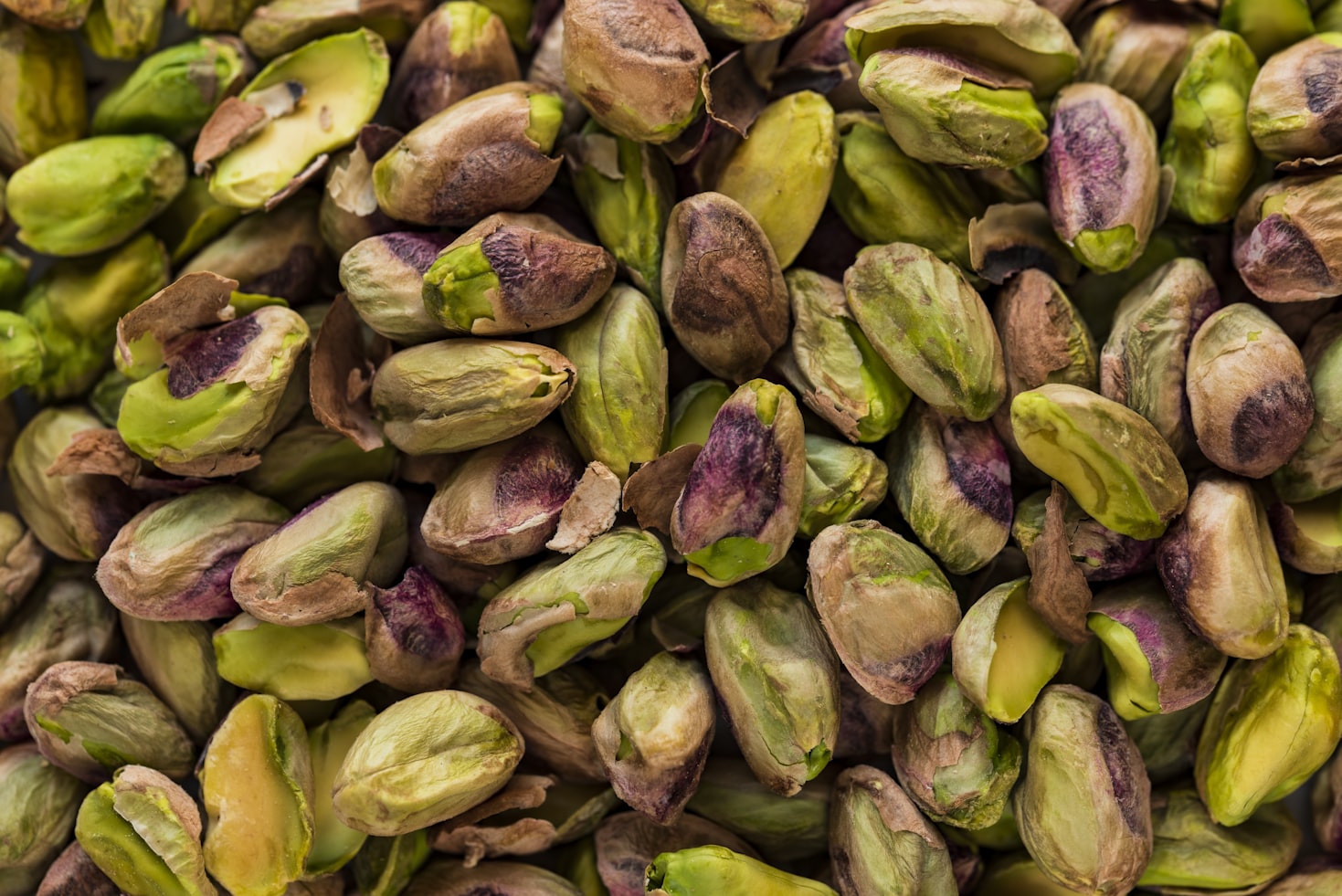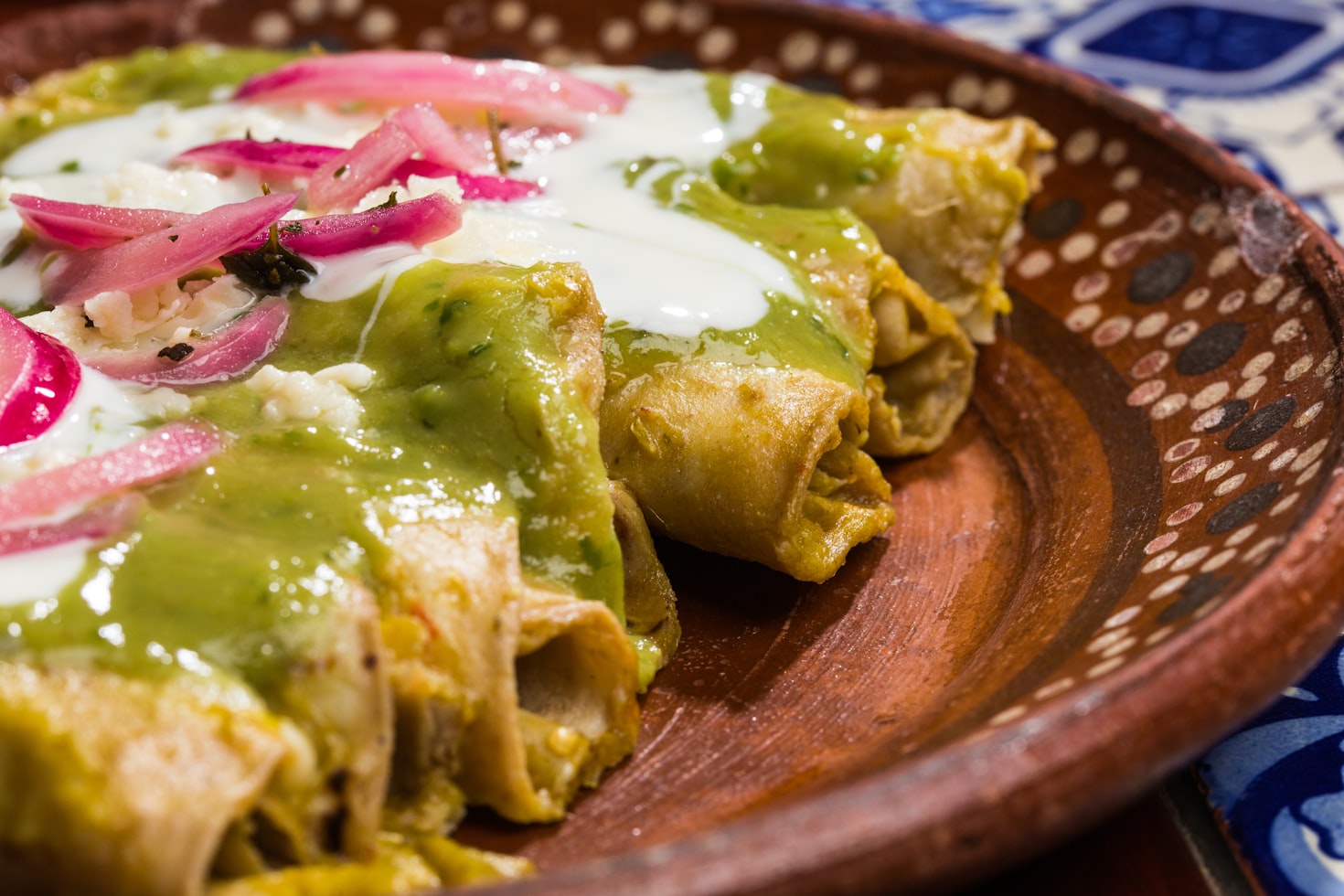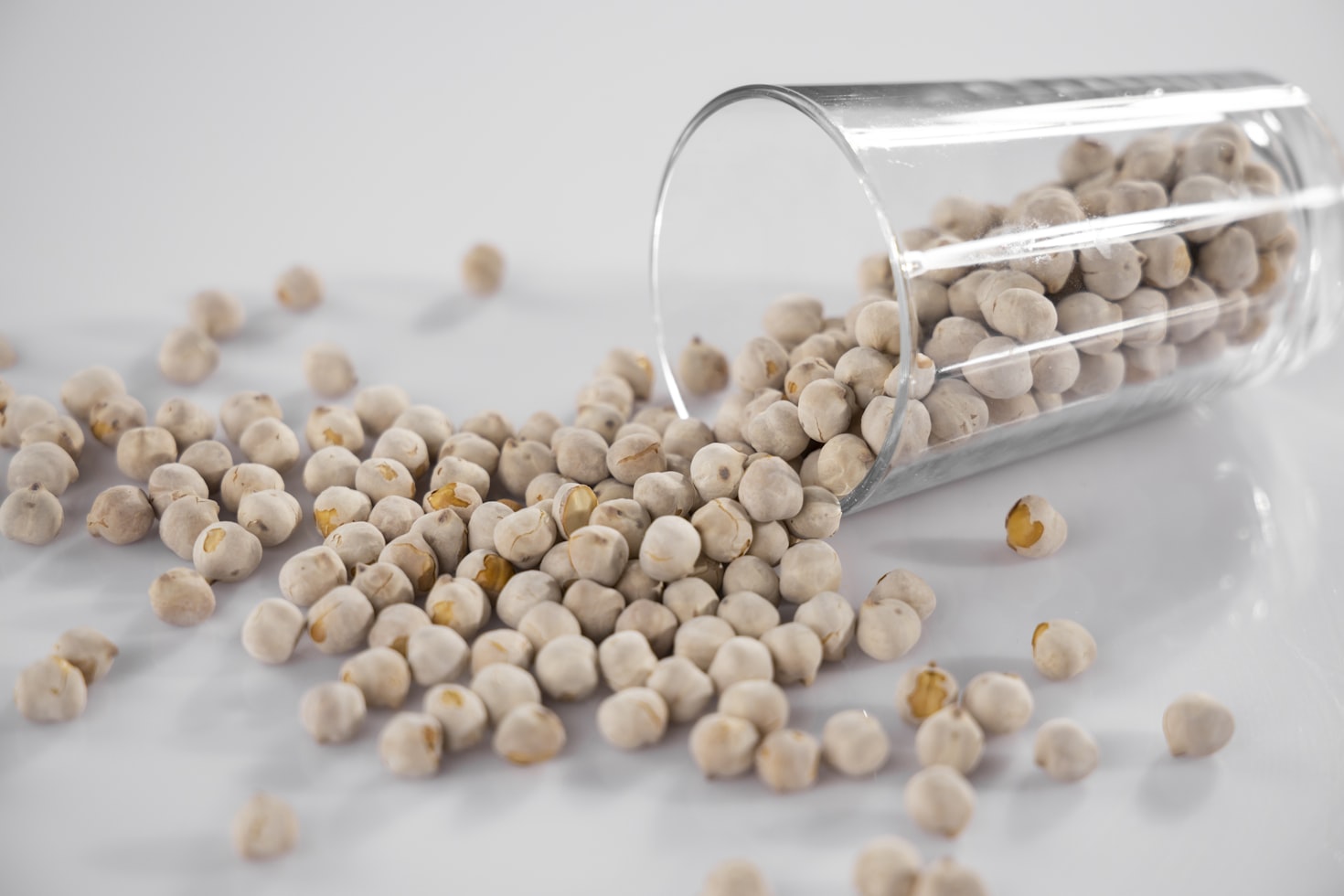Are Pears Keto Friendly?
When following a ketogenic diet, it is essential to carefully consider the carbohydrate content of the foods you consume. Pears, being a fruit, naturally contain sugars, which can raise concerns for those on a keto diet. In this article, we will explore whether pears are keto-friendly and how they can fit into a low-carb lifestyle.
The Nutritional Profile of Pears
Pears are a delicious and nutritious fruit that comes in various varieties, such as Bartlett, Anjou, and Bosc. They are a good source of dietary fiber, vitamin C, and antioxidants. However, when it comes to the keto diet, the carbohydrate content is the primary concern.
A medium-sized pear (approximately 178 grams) contains:
- Calories: 101
- Carbohydrates: 27 grams
- Fiber: 6 grams
- Sugars: 17 grams
- Fat: 0 grams
- Protein: 1 gram
From the nutritional profile, it is evident that pears are relatively high in carbohydrates, with a significant portion coming from sugars. This can make it challenging to fit them into a strict ketogenic diet, which typically requires limiting carbohydrate intake to around 20-50 grams per day.
Pears and Ketosis
Ketosis is a metabolic state in which the body primarily uses fat for fuel instead of carbohydrates. To achieve and maintain ketosis, it is crucial to keep carbohydrate intake low. While pears may not be the best choice for those aiming to stay in ketosis, they can still be enjoyed in moderation by individuals following a more flexible low-carb approach.
It is important to note that the impact of pears on ketosis can vary from person to person. Some individuals may be able to consume small amounts of pears and remain in ketosis, while others may be more sensitive to the carbohydrates in pears and experience a temporary halt in ketosis.
How to Incorporate Pears into a Keto Diet
If you decide to include pears in your keto diet, it is essential to do so mindfully and in moderation. Here are some tips for incorporating pears into a low-carb lifestyle:
- Choose smaller pears: Opt for smaller-sized pears to help control carbohydrate intake.
- Pair with healthy fats: Combining pears with a source of healthy fats, such as almond butter or full-fat cheese, can help slow down the absorption of carbohydrates and minimize their impact on blood sugar levels.
- Consider timing: Consuming pears earlier in the day when your body is more insulin sensitive may be beneficial for some individuals.
- Track your intake: Keep track of your carbohydrate intake from pears and other sources to ensure you stay within your desired limits.
- Balance with other low-carb foods: If you choose to enjoy a pear, make sure to balance it with other low-carb, high-fiber foods to help mitigate the impact on blood sugar levels.
- Consult a healthcare professional: If you have specific health concerns or are following a strict ketogenic diet for medical reasons, it is always best to consult with a healthcare professional or registered dietitian before incorporating pears or any other high-carbohydrate food into your diet.
Frequently Asked Questions (FAQ)
1. Can I eat pears on a keto diet?
While pears are relatively high in carbohydrates, they can still be enjoyed in moderation by individuals following a more flexible low-carb approach. It is important to consider your overall carbohydrate intake and track it accordingly.
2. How many carbs are in a pear?
A medium-sized pear contains approximately 27 grams of carbohydrates, with 6 grams of fiber and 17 grams of sugar.
3. Can I eat pears and stay in ketosis?
The impact of pears on ketosis can vary from person to person. Some individuals may be able to consume small amounts of pears and remain in ketosis, while others may experience a temporary halt in ketosis. It is best to monitor your body’s response and adjust accordingly.
4. Are there any low-carb alternatives to pears?
If you are looking for low-carb alternatives to pears, consider options such as berries (e.g., strawberries, raspberries), avocados, or cucumbers. These fruits and vegetables tend to be lower in carbohydrates and can be incorporated into a keto diet more easily.
5. Can I eat pears on other low-carb diets?
While pears may not be suitable for strict ketogenic diets, they can be enjoyed in moderation on other low-carb diets that allow for slightly higher carbohydrate intake. Always consider your specific dietary requirements and consult with a healthcare professional if needed.
6. Are there any health benefits to eating pears?
Yes, pears offer several health benefits. They are a good source of dietary fiber, which can aid in digestion and promote feelings of fullness. Pears also contain vitamin C and antioxidants, which contribute to overall health and well-being.
Summary
Pears are a delicious and nutritious fruit that can be enjoyed in moderation on a low-carb or flexible low-carb diet. While they are relatively high in carbohydrates, their fiber content and overall nutritional profile make them a healthier choice compared to many other high-sugar fruits. It is important to consider your individual carbohydrate tolerance and track your intake to ensure you stay within your desired limits. As with any dietary decision, it is always best to consult with a healthcare professional or registered dietitian to determine the best approach for your specific needs and goals.




